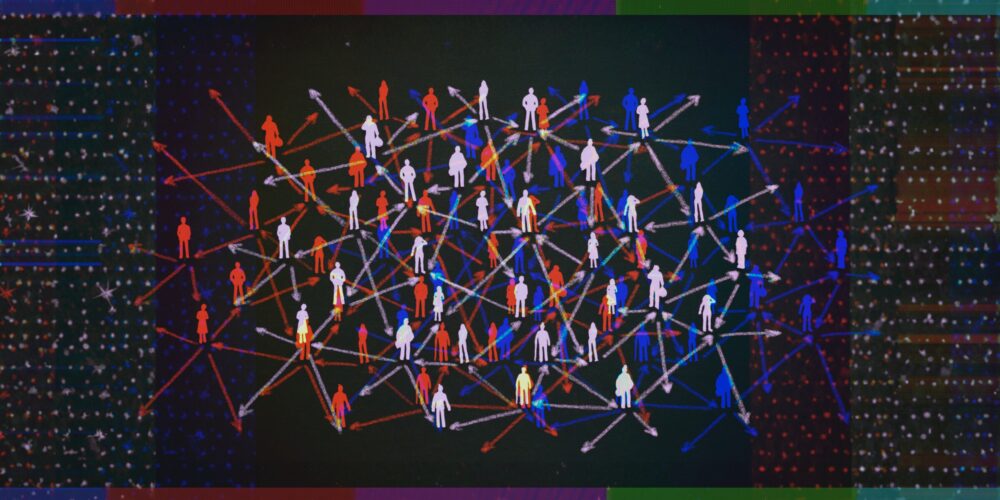
Videos
Digging into crime data to inform news coverage across beats
Journalism, Media Business Models, Media Creation, Media Standards & Practices
Below are five lessons from MoJo’s experiences that other nonprofit investigative newsrooms can adapt and use.
By sharing strategic information like company financials and plans for the future, Mother Jones opened up a new relationship with its audience. The radical transparency born of reader support columns and campaigns aligns and strengthens the news outlet’s brand identity, making it easier to show why the organization needs reader support.
Borrowing from other nonprofits’ fundraising playbook gave Mother Jones the freedom to try out new ways of reaching potential donors. The structure of seasonal and institutional campaigns is a clear example. By fashioning itself as a civic organization that merits public support, the online and print news source reframed how journalism fits in the broader nonprofit ecosystem.
News outlets are increasingly presented with myriad ways to reach and grow their audiences, but figuring out which bets to place and which to dodge can prove difficult. MoJo’s use of the small-bets mentality frees up the organization to try experiments without overleveraging time and resources.
Marketing is not a dirty word, but it can be tricky for journalists to see how their news output is directly tethered to the marketing of it. By reframing marketing as an opportunity to make a clear case for journalism, Mother Jones further develops its relationship with its audience.
As news outlets develop their product, data, fundraising and social teams, coherence across the organization becomes all the more valuable. MoJo has encouraged collaboration across departments by giving team leaders the bandwidth to spearhead new projects.
For more on how Mother Jones has built a thriving news organization in a tumultuous time for the industry read the full case study co-published by the Shorenstein Center and the Institute for NonProfit News.

Videos

Commentary

Videos